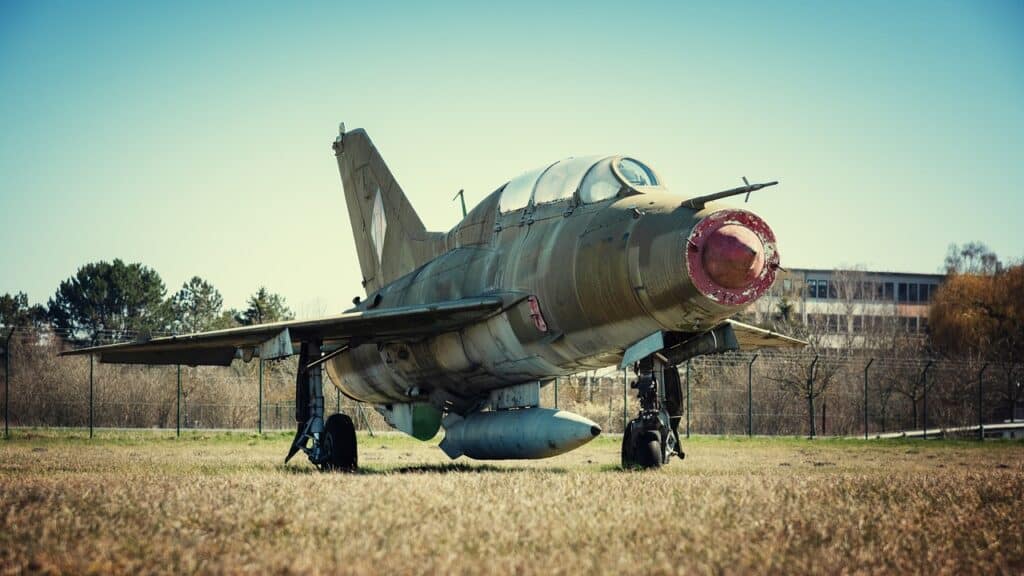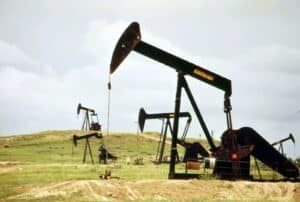
Russia’s Oil Production: A Discrepancy in Promises and Actions
Russia’s Production Pledge and the Ground Reality
Contrary to its commitment to reduce oil production, recent data suggests that Russia’s oil exports have not declined but have instead increased in recent months. Despite the country’s pledge to cut production by 500,000 barrels per day (bpd) starting from March, a detailed analysis of shipping data by Bloomberg reveals that oil shipments out of Russia are on the rise1.
The most recent tanker-tracking data indicates that instead of falling, Russian crude oil exports by sea are escalating. The average four-week crude shipments from Russian export terminals saw a consistent increase for six weeks until May 19. The country’s crude oil exports averaged nearly 4 million bpd in the past four weeks, showing a 15% increase compared to the shipments in the first week of April1.
Attempt to Convince the West
In an attempt to convince Western analysts, Russian Deputy Energy Minister Pavel Sorokin, in a rare call earlier this month, insisted that Russia is indeed reducing its oil production by 500,000 bpd as promised. However, the recent export data does not reflect any such cuts. On the contrary, the data shows that Russian crude oil exports by sea are increasing1.
A Look at the International Energy Agency (IEA) Report
The International Energy Agency’s (IEA) closely-watched Oil Market Report states that Russian crude oil and oil product exports continue to prove resilient. In April, exports hit the highest level since the invasion of Ukraine, reaching 8.3 million bpd. The IEA suggests that Moscow did not fully deliver on its announced 500 kb/d supply cut. Instead, Russia may be increasing volumes to compensate for lost revenue1.
For further details on this topic, please check out this informative piece on oilprice.com.
A Mismatch Between Promises and Actions
The data suggests a clear mismatch between Russia’s promises to cut oil production and the actions taken. As the global energy landscape continues to shift and evolve, it remains to be seen how Russia’s actions will impact the global oil market and its own economic prospects. As of now, the data indicates that Russia’s oil production cuts may not be as substantial as initially pledged.
Russia’s Oil Production and The Ukraine War: A Complicated Relationship
Russia’s Defiance of Production Cuts
Despite promises to the contrary, Russia has not reduced its oil production as promised. Recent market data indicates that Russia’s oil production has been on the rise, even as it pledged to cut production by 500,000 barrels per day (bpd) from March onwards. According to the International Energy Agency (IEA), Russia’s failure to cut its oil production as promised may be an attempt to boost output to compensate for lost revenues1.
Impact of the Ukraine War on Russian Oil Production
The Ukraine war has had far-reaching effects on Russia’s oil production and economy. Prior to the invasion of Ukraine, Russia was the EU’s leading supplier of oil, natural gas, and solid fossil fuels. However, sanctions imposed by many European countries in retaliation for the invasion of Ukraine have threatened these supply chains2.
While these sanctions were intended to disrupt Russian industrial production and economic influence across a range of sectors, the strength of the Russian oil and gas sector and the demand for its products has made it unclear whether these actions will significantly impact Russia2.
Rising Oil Prices and Increased Demand
The Ukraine conflict has indirectly benefited Russia through a surge in oil prices. As the war escalated and access to Russian oil declined, demand increased, pushing the oil price further up. As a result, Russia is making even more money from sales than it was before the war started2.
Shifting Oil Export Markets
While European demand for Russian oil has declined, other markets have stepped in to acquire cheap crude from Russia. Demand from India, China, and Turkey has increased, helping to offset the declining European demand. Furthermore, Japan, South Korea, and Taiwan bought an estimated $5.5bn of fossil fuels from Russia during the first five months of the invasion of Ukraine2.
The Economic Impact of the War on Russia
The war has had significant economic implications for Russia. Despite the increase in oil profits, Russia’s exports were down 18% from their peak at the beginning of the invasion, costing the government $163.4m per day in lost revenue in July and August compared to the start of the invasion. The overall reduction in export volumes was driven by a 35% drop in exports to the EU2.
Despite these challenges, the Russian economy is projected to resume growth in late 2022 or 2023, according to Russia’s economy minister Maxim Reshetnikov2.
In conclusion, Russia’s oil production and the Ukraine war have a complex relationship. While the conflict has led to international sanctions and a shift in export markets, it has also resulted in increased oil prices and profits for Russia. Only time will tell how this situation will evolve and what lasting impacts it will have on Russia’s oil industry and economy.


How To Get a Job on a Drilling Rig With No Experience
Where to Start
Venturing into a career in drilling rig is an adventurous and lucrative path. Drilling rigs are massive structures, and they can be found on land or offshore. These rigs house a range of positions for individuals with diverse educational backgrounds.

Transforming the Oilfield Services Sector: Patterson-UTI and NexTier Merge
Patterson-UTI Energy and NexTier Oilfield Solutions Announce Merger to Create a Leading Drilling and Completions Services Provider Patterson-UTI Energy and NexTier Oilfield Solutions have announced

What Oilfield Jobs Pay the Most 2023
Table of Contents Introduction The Allure of the Oil Industry Top High-Paying Oilfield Jobs Entering the Oilfield with Little or No Experience The Global Perspective

Landing Oilfield Jobs with Zero Experience: A Comprehensive Guide
Introduction The oil industry is a thriving sector, teeming with opportunities for career growth and financial stability. For those who are contemplating a career change

Amidst Pledges, Market Data Suggests Russia’s Oil Production Remains Unchecked
Russia’s Oil Production: A Discrepancy in Promises and Actions Russia’s Production Pledge and the Ground Reality Contrary to its commitment to reduce oil production, recent

Exploring Lucrative Oilfield Job Openings: Your Gateway to a Rewarding Career
Discover exciting oilfield job openings and kickstart your career in the industry. Explore diverse roles and opportunities at Oilfield Job Fair.

